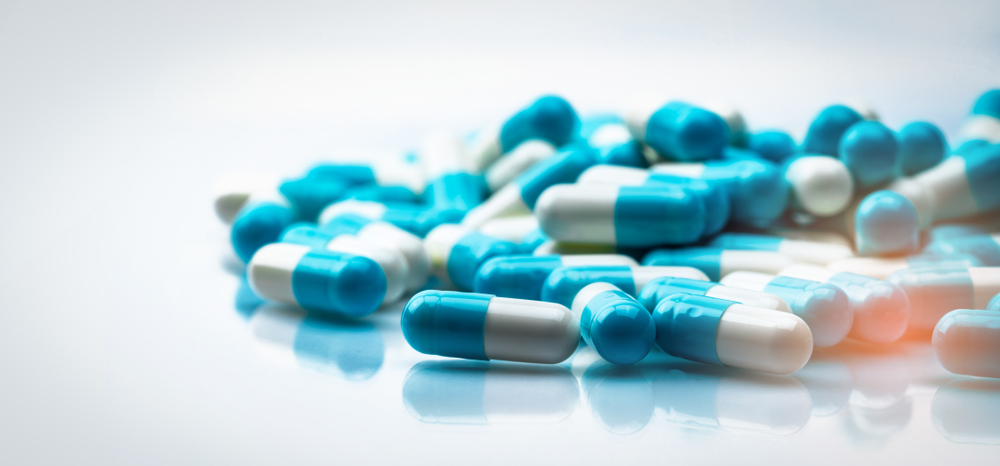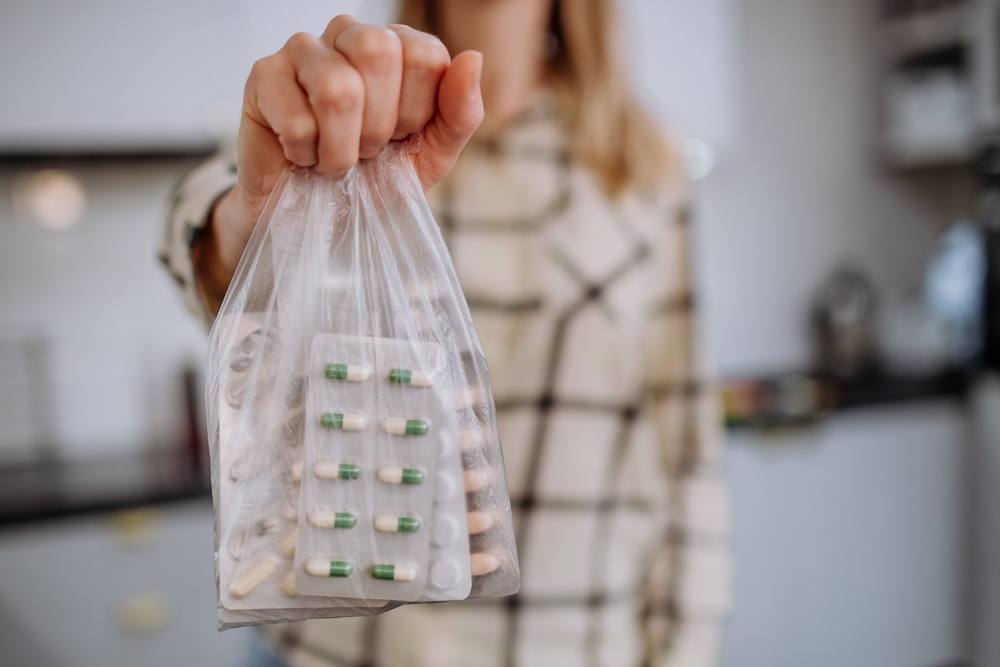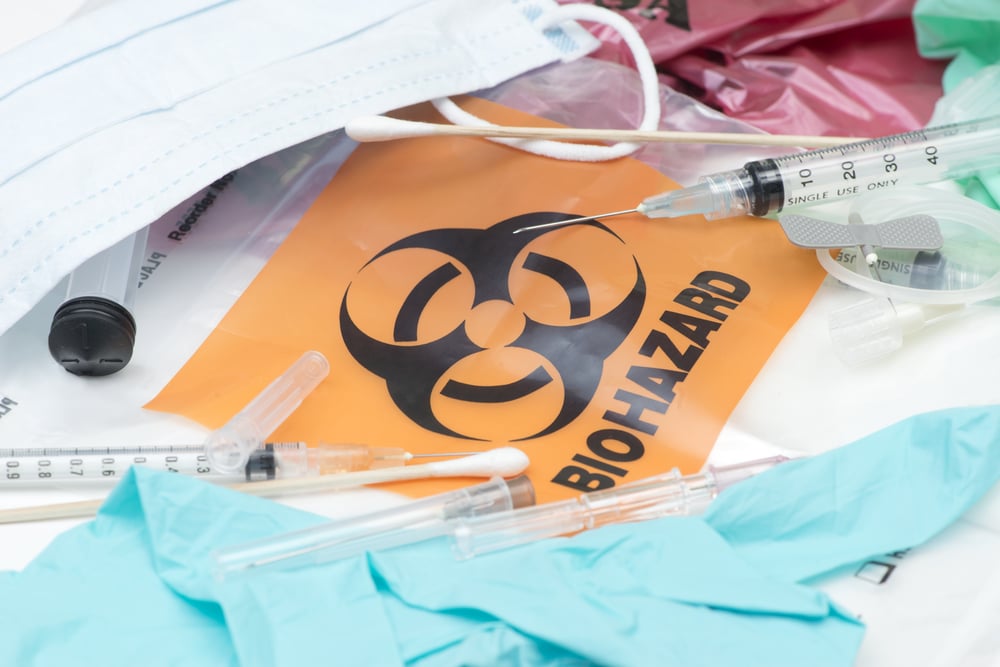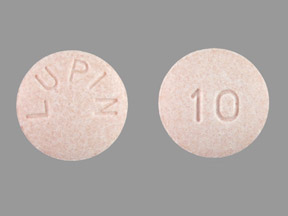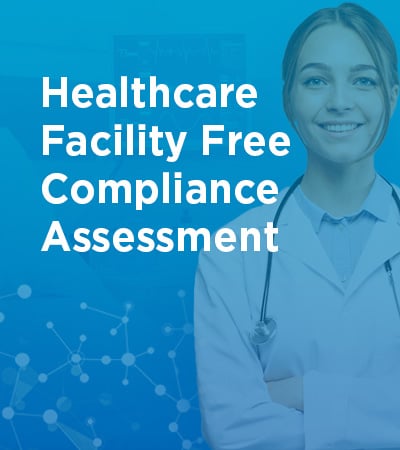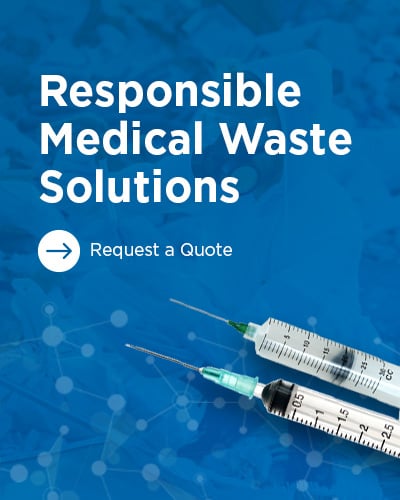When an injectable device malfunctions, the moment doesn’t end with a patient reporting a complaint. In fact, that’s where a much larger process starts to begin. Behind every reported misfire, incomplete dose, or device failure is a complex workflow involving patient safety, regulatory compliance, product investigation, and secure disposal. These processes are often invisible to patients, yet they play a critical role in ...
Injectable medications have reshaped how patients manage chronic conditions. From GLP-1 medications to insulin, modern auto-injectors have made treatment more accessible in the home. When a device misfires or doesn’t perform as expected, what happens next matters. Every device complaint represents a critical moment for the patient, for regulatory compliance, and for brand trust. How manufacturers handle these moments can ...
Independent pharmacies across the U.S. are redefining what local healthcare looks like. They are no longer just about filling prescriptions. They are providing immunizations, managing chronic conditions, offering CLIA-waived lab testing, and supporting long-term care. For many communities, these pharmacies remain the most accessible healthcare providers, stepping in where others can’t. The 2024 NCPA Digest highlights this ...
The Growing Problem of Medical Waste and Sharps Disposal Every year, millions of used needles and syringes are discarded, which can create significant environmental and public health risks. Individuals who self-inject medications, such as those managing diabetes, hormone therapy, or weight-loss treatments, often lack clear and sustainable options for disposing of their sharps. Traditional disposal methods, including placing ...
It is no secret that there is a vast ongoing opioid epidemic in America. The CDC claims that more than 932,000 people have died since 1999 from a drug overdose. Nearly 75% of drug overdose deaths in 2020 involved an opioid. Opioids are substances that work in the body's nervous system or in specific receptors in the brain to reduce pain intensity. According to the CDC, prescription opioids are often used to treat chronic and ...
Step #1 For Proper Waste Management - Identify Waste identification is a crucial step in the waste management process. It's essential to identify and classify different types of waste so that they can be appropriately managed and disposed of by environmental regulations. This article will explain what waste identification is, why it's essential, and provide tips on accurately identifying different types of waste. The ...
Pharmaceuticals are an essential part of our healthcare system, but they can also be a source of pollution if they are not disposed of properly. MedSafe is a pharmaceutical waste disposal system that helps to reduce this pollution. Medsafe – pharmaceutical waste disposal is a container that you can use to dispose of unwanted or expired medication. Once your MedSafe is complete, you can take it to a pharmaceutical waste ...
In 2020, there were approximately 8 billion people living around the world, and it’s been growing ever since so is prescribed medical drugs. Picture how many medications were prescribed before the pandemic, and how many are prescribed now. According to SingleCare, more than 4 billion medications are dispensed per year in the United States alone. In comparison, about $2.8 billion worth of medications are wasted each year, says ...
In 2022 as the COVID-19 pandemic continues on, the healthcare industry continues to experience many challenges related to their biohazardous and sharps waste (medical waste). Medical waste poses a serious health risk when left out, improperly contained, or incorrectly disposed of. It is important to be aware and informed about the health risks of medical waste and why proper disposal is essential. Health care waste is ...
Lisinopril - What is it Myocardial infarction (heart attacks), hypertension (high blood pressure), and heart failure are serious problems in the medical world, specifically involving individuals 45 and up. How do we prevent these medical emergencies from happening? Medications called ACE inhibitors such as Lisinopril are used to hinder the possibility of narrow blood vessels from causing high blood pressure, and therefore, ...
Category
- sharps disposal (40)
- Medical Waste (39)
- sharps container disposal (37)
- sharps mail back (32)
- Compliance (28)
- Safety (18)
- Pharmaceutical Waste Disposal (17)
- Infection Control (13)
- Dental Practice (12)
- Hazardous Waste (11)
- OSHA (11)
- biohazardous waste disposal (11)
- patient support programs (11)
- #GLP1 (10)
- News (10)
- Hazardous Waste Disposal (8)
- Universal Waste (8)
- amalgam disposal (8)
- vet sharps disposal (7)
- OSHA Training (6)
- amalgam separators (6)
- Diabetes (5)
- amalgam recycling (5)
- dental clinical waste disposal (5)
- Amalgam (4)
- Diabetes Mangagement (4)
- ECOII Amalgam Separator (4)
- News & Regulations (4)
- medication disposal (4)
- quart containers (4)
- veterinary medical waste (4)
- Diabetes Awareness (3)
- surface disinfectant (3)
- Diabetic Kit (2)
- HIPAA (2)
- flu vaccine (2)
- influenze (2)
- sharps disposal for veterinarians (2)
- BioSURF (1)
- HIPAA Compliance (1)
- HIPAA Law (1)
- HIPAA Violation (1)
- RP Returns (1)
- allergy care (1)
- allergy clinic (1)
- improving patient experience (1)






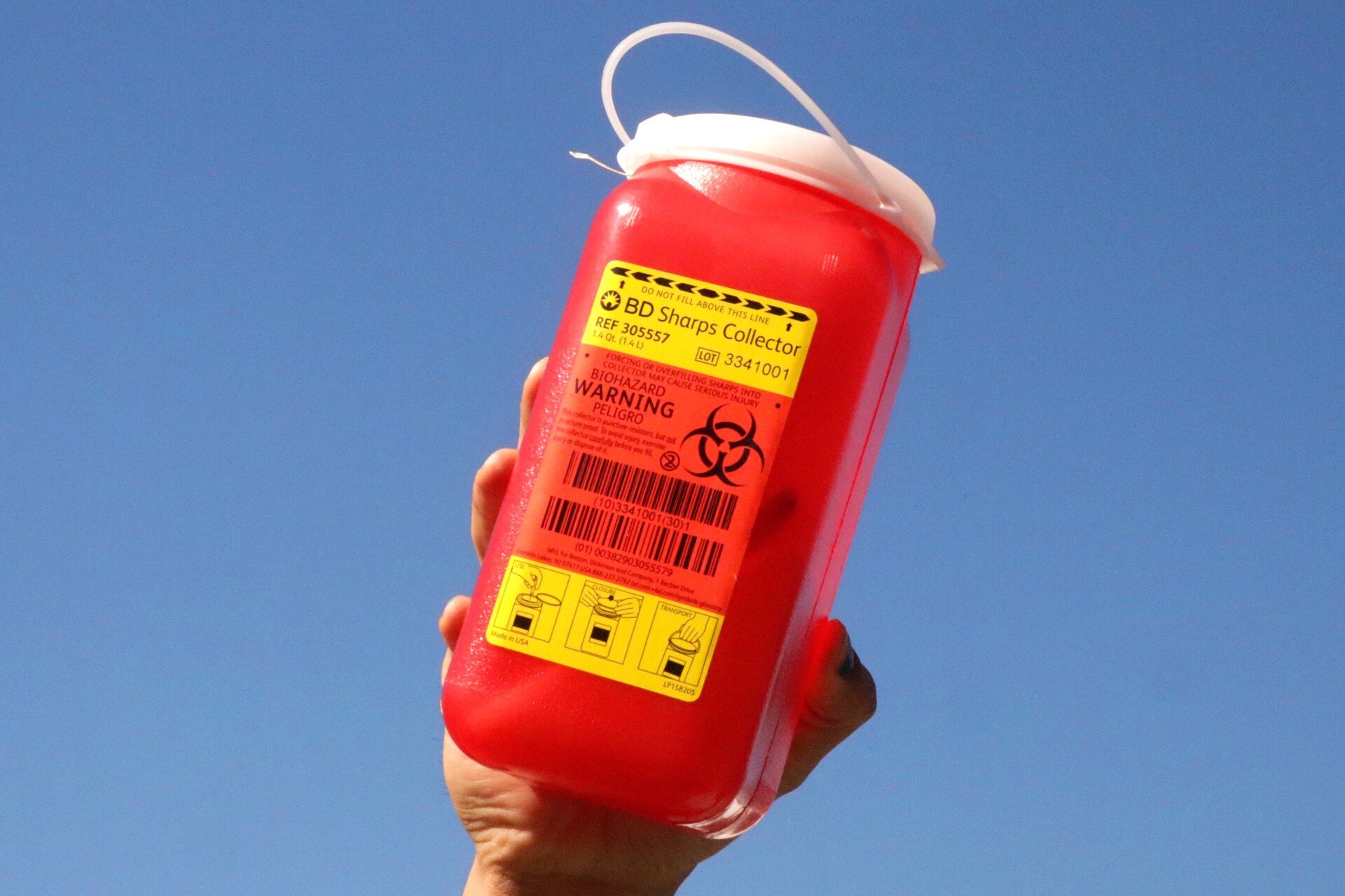
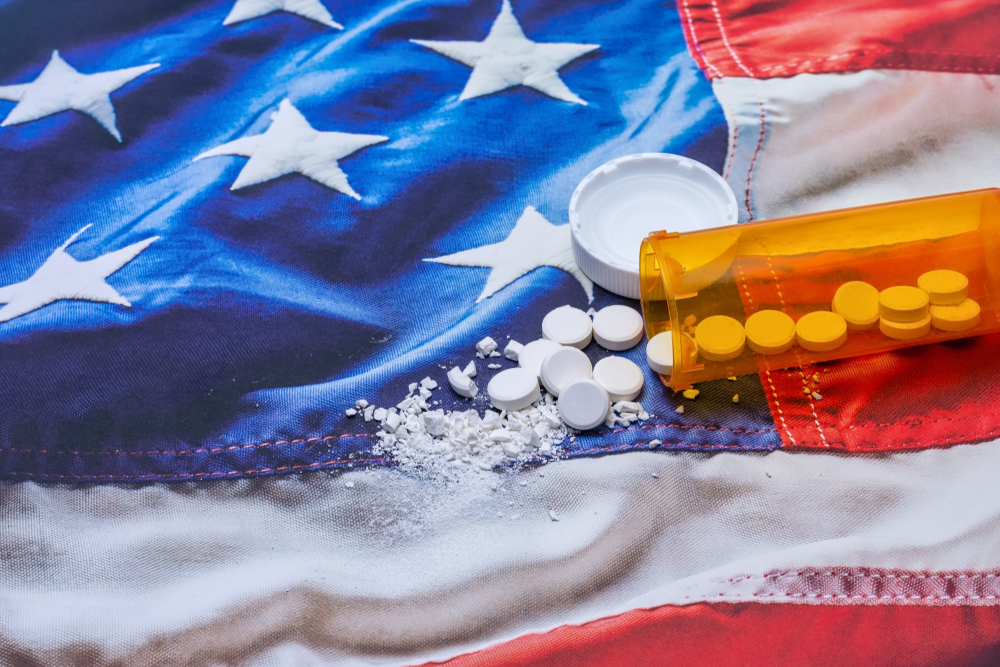
.jpg)
